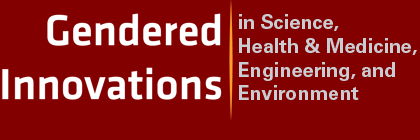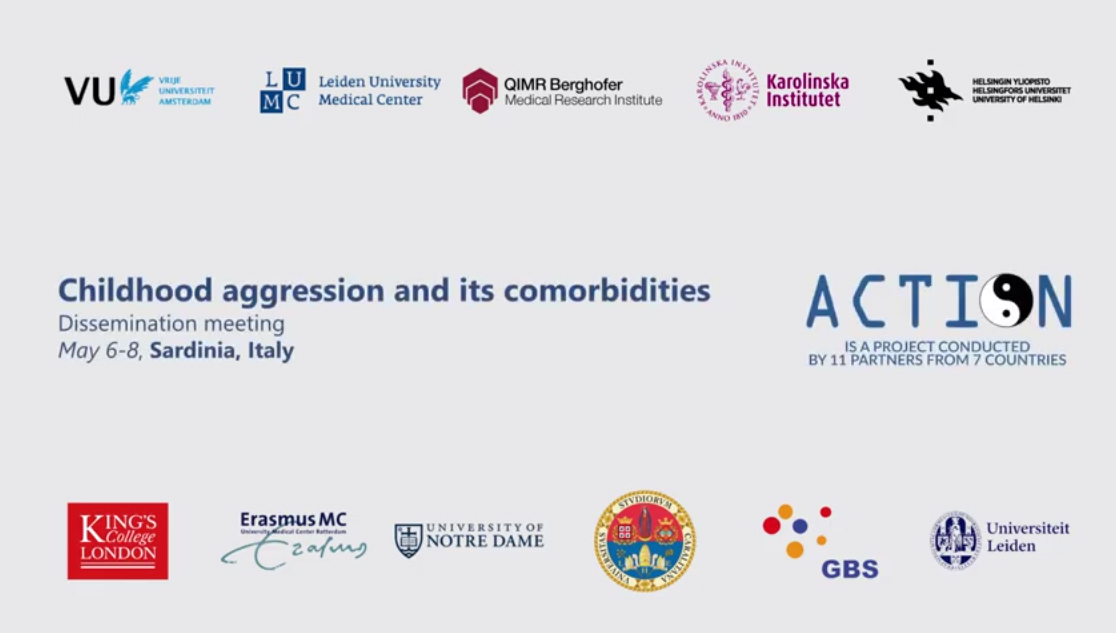
Last media
ACTION's gender awareness programme
The ACTION gender awareness’ programme is a consortium's collateral objective designed to educate people on the unspoken societal rules that dictate the role of the different genders in the work place.
The ACTION consortium agrees with the principles given in relevant European position documents about gender aspects:
- The Treaty of Amsterdam signed in 1997(to eliminate inequalities and to promote equality among males and females);
- The documents “Women and science: Mobilising women to enrich European research” (COM (99)76) (encouraging women to take part in European research, with the overall objective to achieve for women at least a 40% representation in EU programmes);
- The Framework Strategy on Gender Equality (2001-2005) aimed at achieving gender equality including policies and specific actions for women.
Educational links:
 |
The website www.genderedinnovations. stanford.edu, that employs sex and gender analysis as a resource to create new knowledge and technology, is an important resource guiding insights on the role of gender. |
 |
|
 |
European Commission's brochure on Gender Equality in the European Union |












